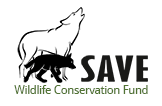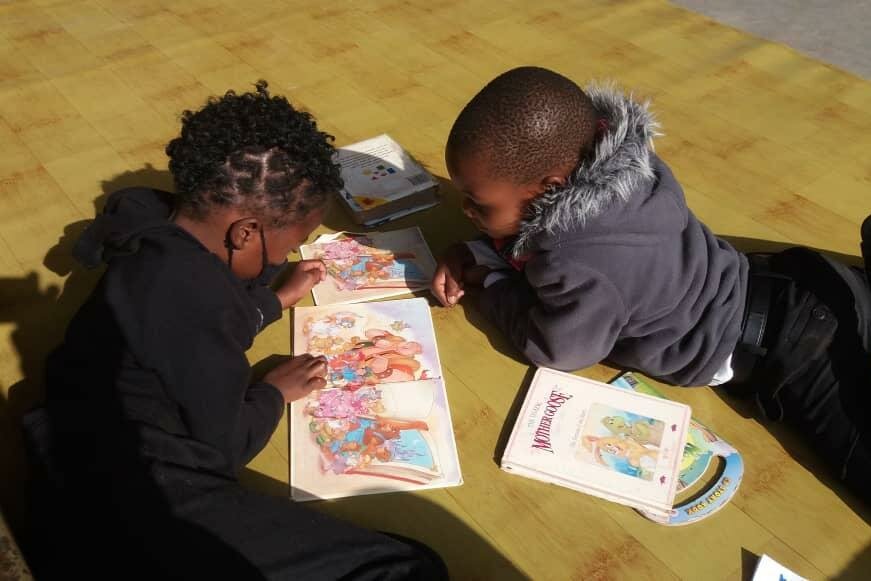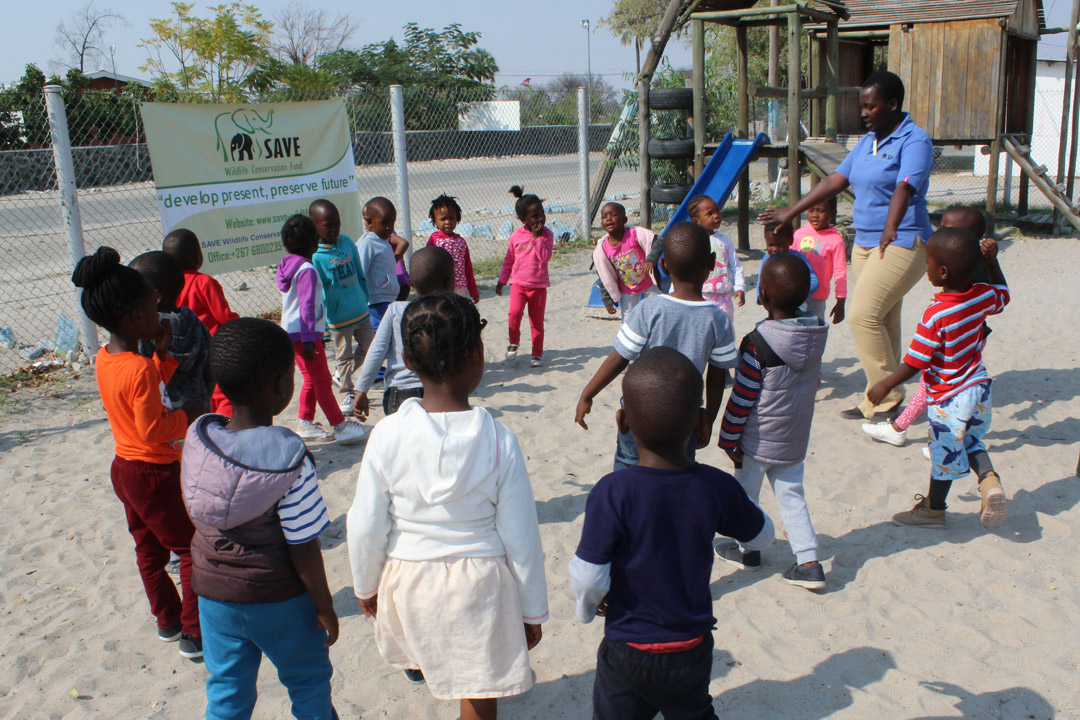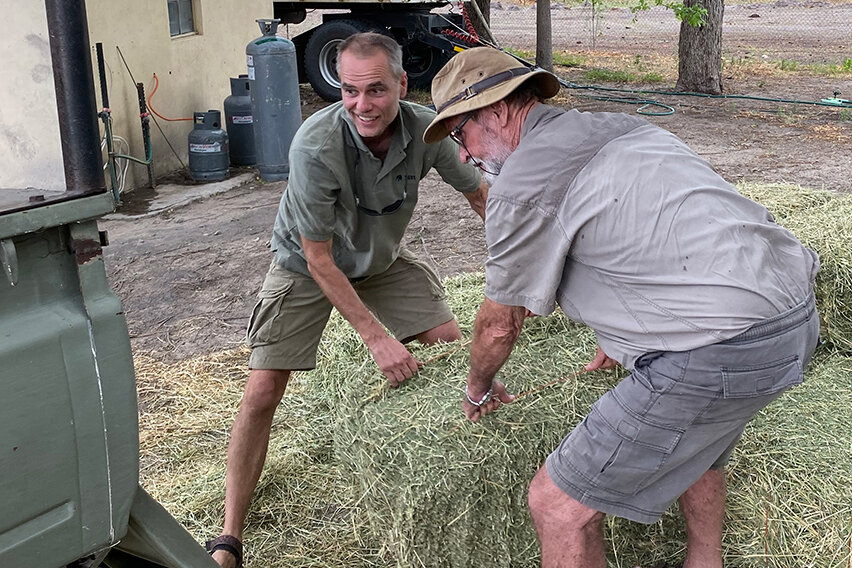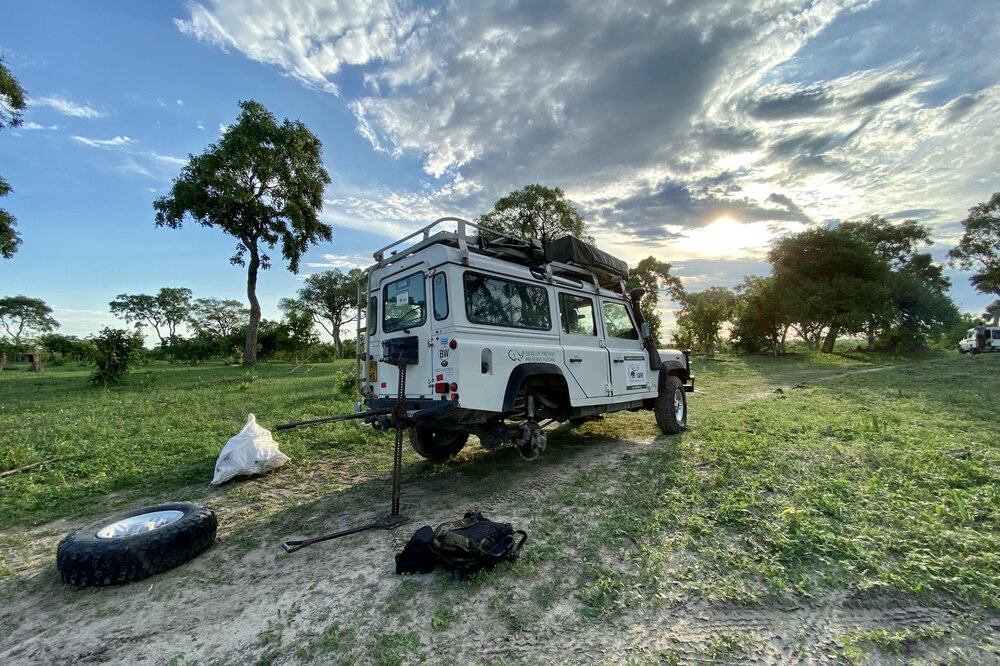Development and educational
projects in Botswana
EDUCATIONAL WORKBOTSWANA
What is our environmental protection strategy?
The protection of animals in Africa would not be possible without engaging local communities, listening to their needs, and jointly developing initiatives securing people’s livelihood that not only protect the environment but also bring long-term benefits to the local population.
The second pillar on which we base our activities in Africa is the education of children on species conservation and the unique value of local wildlife. Through our educational projects, we build bridges for future generations – so that wildlife becomes a natural part of life again.
Education for the species conservation
Education is key to the long-term protection of wildlife. We want children to become aware of the beauty of nature and appreciate its value. Because of this, they will want to protect it in the future.

What do we offer children within our educational projects?
- educational programs for children and adolescents that include environmental education, including for preschool early education and development groups
- workshops and trips focused on gaining direct experience with nature
- preschool childcare, programs and care during vacation
- support with homework
- scholarships for youth
- meals and psychological support
SAVE now employs 77 staff in Botswana in 22 villages. We provide environmental education for 25 groups of children in Botswana. By the end of 2020, a total of nearly 14,500 children aged 2-18 years participated in the education projects – 4,068 of them in 2020 alone. The goal is to reach 62,000 children and teenagers in the wildlife areas and adjacent by the end of 2025 with our conservation education programs.
SAVE now employs 77 staff in Botswana in 22 villages. We provide environmental education for 25 groups of children in Botswana. By the end of 2020, a total of nearly 14,500 children aged 2-18 years participated in the education projects – 4,068 of them in 2020 alone. The goal is to reach 62,000 children and teenagers in the wildlife areas and adjacent by the end of 2025 with our conservation education programs.
Development work
Selling hunting concessions provides financial resources for the village councils in Northeast Botswana. Unfortunately, it does not only endanger the population of wild animals in the area but also fails to meet the financial needs of the local people. Only a small part of the income generated from trophy hunting goes to local rural communities.
How does the SAVE Fund work for the peaceful coexistence of humans and animals in Botswana?
We mobilize and work with village councils and village development committees on sustainable solutions that will lift them out of poverty. The coexistence of humans and wild animals can only be successful when people are have enough food and feel safe.
Community-based Natural Resource Management
Community-based Natural Resource Management (CBNRM) is a program for communities that we have been implementing in Botswana for almost a decade.
As part of this program, we develop the competencies of local communities; this enables them to take sustainable actions on their own, which generate income. We conduct workshops for members of social organizations and local authorities in the field of finance and project management.
We also support infrastructure and entrepreneurship, especially in ecotourism and organic farming. These activities create many jobs and are also consistent with nature conservation.
Self-reliance is key
Communities that once made a living off hunting tourism now generate income, among others, from ecotourism, which provides 40 times more financial resources than trophy hunting. It also provides much more employment for local residents.
Local people can also be self-sufficient by producing their own food and selling it to lodges for tourists and neighbouring villages.
All these activities promote the harmonious life of rural communities bordering nature reserves. Natural resources are no longer seen as a threat but as an opportunity for development. With the increasing incomes in municipalities, social welfare institutions, such as health centres and educational institutions, are emerging.
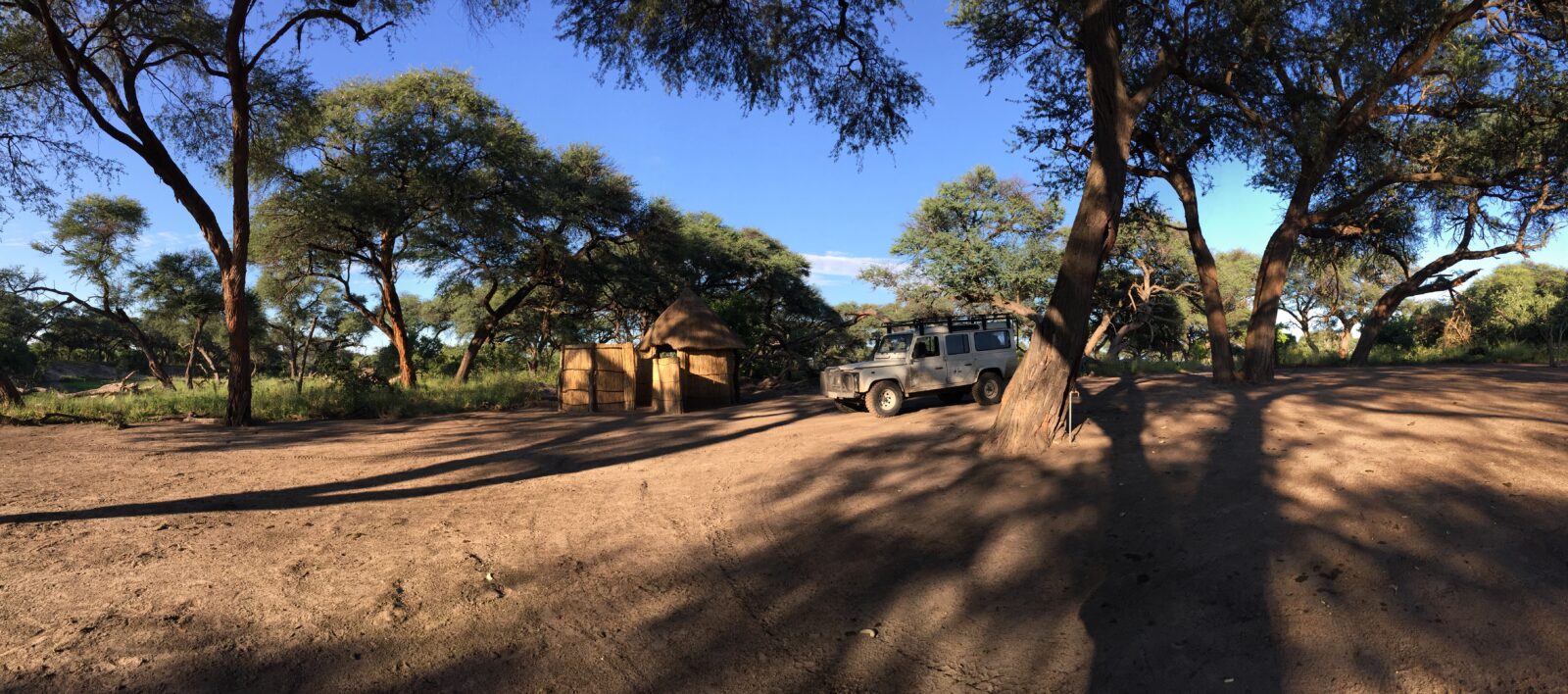
Mbabe Community Camps
The SAVE Fund set up the first campsite in Mbabe, the profits of which are used for local community projects. Unfortunately, due to the COVID-19 pandemic, these camps are currently closed – we hope to reopen soon.
Support educational anddevelopment projects in Africa
Find out more about how you can get involved.
50EUR
200EUR
500EUR
1000EUR
